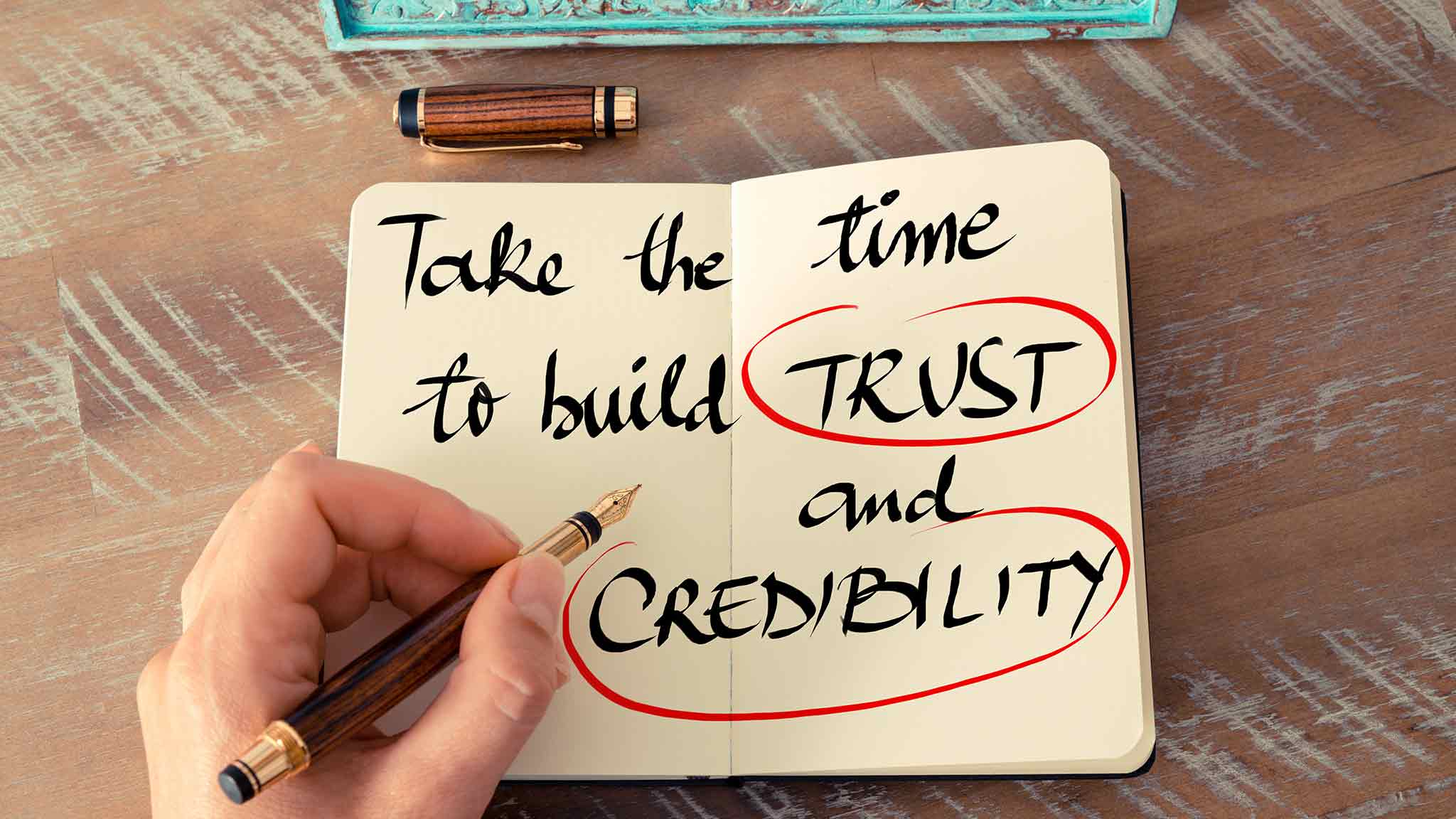
Building a Strong Partnership with a Technology Provider with Trust.
If you’re starting your own business—particularly one in the startup or tech space—you will likely need to find a software product development company partner at some point. Even if you are technologically savvy or coding your own platform, there will be technological needs that are either beyond the scope of your own knowledge or simply too time-consuming for you to undertake alone.
A relationship with a technology partner must be established on the basis of trust and mutual agreement. In this article, we’ll outline what a technology partner can do for you and how you can ensure that you are building a successful relationship with your technology partners.
What Is a Technology Partner?
A technology partner provides technical services to a company. Usually, a technology partner will be intimately involved in the corporate outcomes and strategies of the business. Today, businesses are highly reliant on technology to succeed. Therefore, you must establish a relationship with a technology partner early on.
How to Choose a Technology Partner
Many people default to simply choosing the cheapest option when evaluating a potential technology partner. However, there are several other factors you should consider, and these are often more important than price.
- Business Acumen – your technology partner should be savvy in the ins and outs of the sphere you are entering. They should also understand your particular space, especially if you are a new startup.
- Experience – experience is one of the most valuable resources in the business world. To find out about your potential partner’s experience, you can look at their past client relationships.
- Speediness and Budget Adherence – talk to those past clients about the potential partner’s speed and adherence to budget. Investigate any red flags.

How to Establish and Maintain a Trusted Relationship with Your Technology Partner
Trust is a two-way street. Once you’ve chosen a technology partner, building a relationship with them requires input from both sides. Here are some things you can do to help establish and maintain trust.
Ensure Cultural Suitability
It’s easier to build a relationship with somebody who shares your values and philosophies than it is to try and mesh incongruous approaches to business. By choosing a technology partner that is a good fit for your company culture, you will be establishing a baseline of mutual respect and understanding.
Work on Communication
Creating clear and open lines of communication will make building trust easier. Misunderstandings are one of the most frequent eroders of trust, so make sure that your communication lines are as smooth and seamless as possible.
Invest in Trust
As with any relationship, prioritizing trust is critical. Endeavor to show your partner how you expect to be treated by treating them the same way. This might mean funneling some additional resources into trust-building initiatives and collaboration.

As the technological landscape evolves, the importance of a reliable technology partner becomes even more pronounced. By adhering to the principles outlined in this article—choosing wisely, fostering cultural alignment, nurturing effective communication, and investing in trust-building initiatives—you lay the groundwork for a resilient and prosperous relationship with your technology partner. In the dynamic realm of business and technology, a steadfast partnership is not just a strategic choice; it is the cornerstone of innovation, efficiency, and sustained success.



































